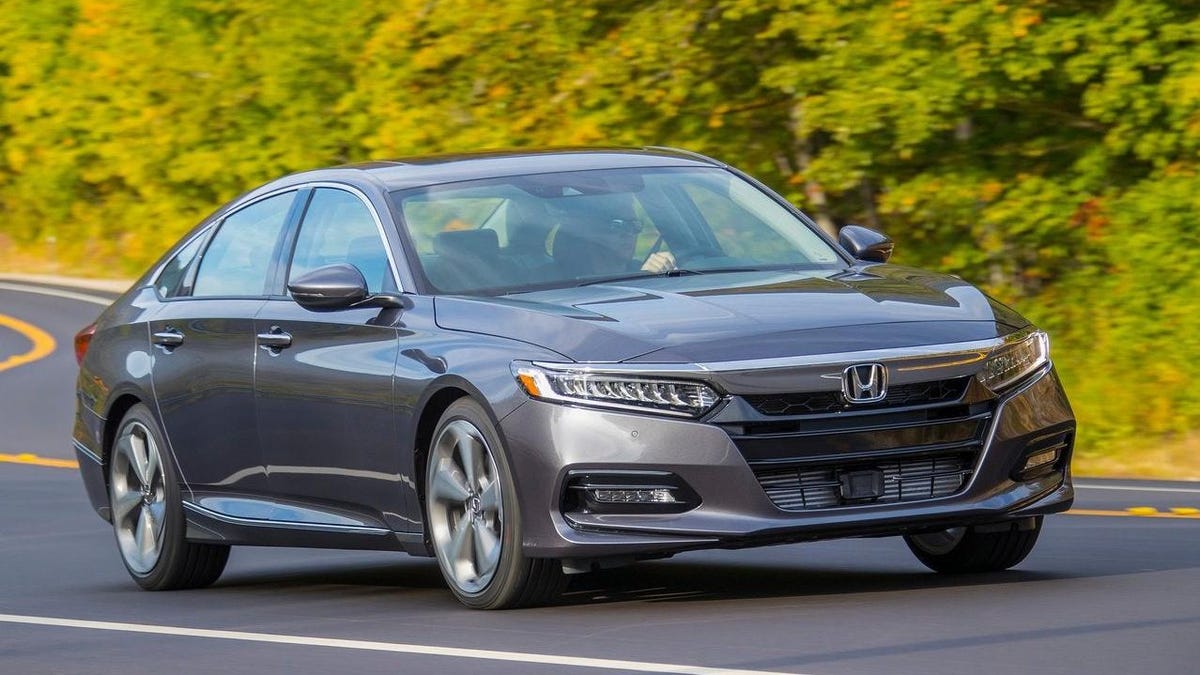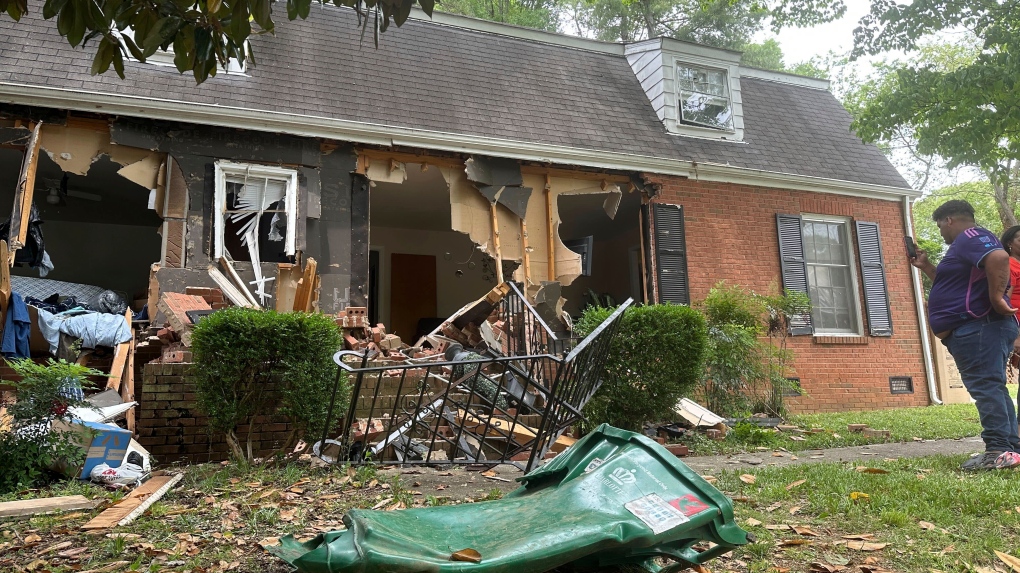About 3 million Hondas are facing increased scrutiny from the U.S. National Traffic Safety Administration after over 1,000 complaints about the unexpected activation of the vehicle’s automatic emergency braking system. Now, those cars are facing an engineering analysis from the organization.
The probe includes both the Accord sedan and CR-V crossover. As for the engineering analysis – basically, it’s the next step in an NHTSA probe before safety regulators can potentially demand a recall, according to Reuters. NHTSA has reportedly received 2,876 customer complaints, 93 injury reports and 47 crashes involving Hondas with unique VINs that could be related to the issue.
A preliminary evaluation from NHTSA covered 2017-2019 Honda CR-Vs and 2018-2019 Honda Accords, Reuters reports. Now, though, the probe has been expanded to include 2020-2022 CR-Vs and Accords as well. Here’s more information on what exactly the issue is, from Reuters:
The regulator had opened a preliminary evaluation into about 1.7 million Honda vehicles in February 2022 to assess claims that the automatic emergency braking system activated with no apparent obstruction in the vehicle’s path.
[…]
Honda’s Autonomous Emergency Braking works by using a radar and camera, and applies strong braking pressure if the accident becomes unavoidable, but gives drivers visual and audible alerts before kicking in.
When the probe was first launched, a Honda spokesperson told Automotive News that the automaker would cooperate with NHTSA through the investigation process, and it would “continue our own internal review of the available information.:”
This is how NHTSA’s defect process works, from AutoNews:
Most NHTSA investigations start as preliminary evaluations in which agency engineers request information from the manufacturer, including data on complaints, injuries and warranty claims.
The manufacturer also can present its view regarding the alleged defect and might issue a recall.
After the evaluation, NHTSA will either close the investigation or move into the next phase, usually an engineering analysis. If a safety-related defect exists, according to NHTSA, the agency could send a “recall request” letter to the manufacturer.
Automatic emergency braking can be a really useful feature when it working properly, but if it’s not, well, you could end up accidentally brake-checking a whole lot of folks driving behind you. Nobody wants that.







